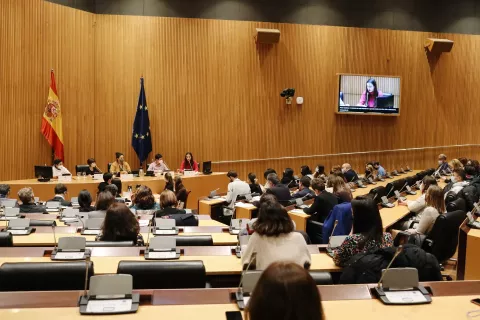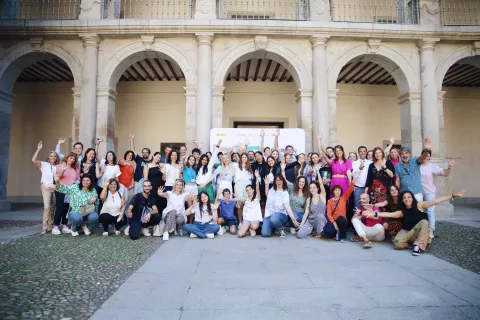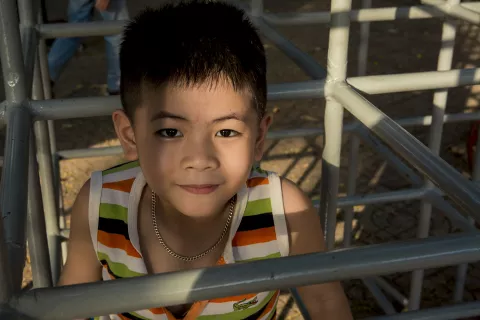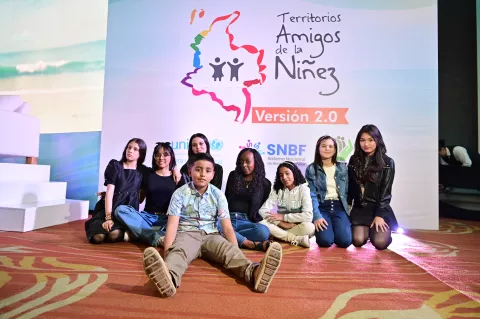
Half of the children in Spain live today in a Child-Friendly City
With eight new cities and municipalities recognized in December 2023, Spain reaches the figure of 301 UNICEF Child-Friendly Cities, which place almost 4 million children at the center of local policies.
"Having more than 300 Child-Friendly Cities is great news, it means that more than 300 municipalities and local entities care so much about their children that they put them at the center of their policies," says Gustavo Suárez Pertierra, president of UNICEF Spain. "Children must live in environments where they can feel safe and where they are listened to, and for that we appreciate the commitment of these cities to achieve this".
Achieving this recognition implies that local entities are committed to three fundamental objectives: to have demonstrable results in the defense of children's rights, to have achieved the meaningful and inclusive participation of children, and to demonstrate their dedication to eliminating any form of discrimination against children in local government policies and actions. Becoming a Child-Friendly City is an investment in childhood that has a positive impact in the short, medium and long term, since it not only transforms the reality of childhood, but also of the whole society.
Being part of this network, therefore, implies that local governments implement a children's strategy and achieve concrete results for the children on their territory. Some of the achievements that the recognized Child Friendly Cities have reached so far include:
- More than four million euros have been invested in promoting children's participation in 2022
- Budget for the implementation of measures included in their childhood plans reached more than one billion euros in 2022
- 31% of them have educational support programs (school reinforcement, dropout or absenteeism prevention, etc.), which in 2022 reached 91% of the boys and girls who request to be part of them.
- 21% of them have sports programs adapted for disabled children that, on average, cover 33% of the offer they make.
- 22% have put in place pedestrian safety measures around the educational centers, with an average coverage of more than 85% of them.
- In 33 of the 156 recognized municipalities, more than 1,000 km of segregated bicycle lanes have been implemented, making them safer for use by children.
- 35% of these localities have municipal programs to develop emotional, educational and parental skills in families, in which more than 48,000 people participated in 2022.
The minutes of this meeting can be consulted here (in Spanish); a detailed list of those recognized and nominated can be found here (in Spanish).
More details on Child Friendly Cities Initiative in Spain can be found here.




